
Nature in the city
The Métropole is using the opportunity offered by the construction of Line 5 to create new green spaces to enable the city to "breathe" and fight against atmospheric pollution.
0%




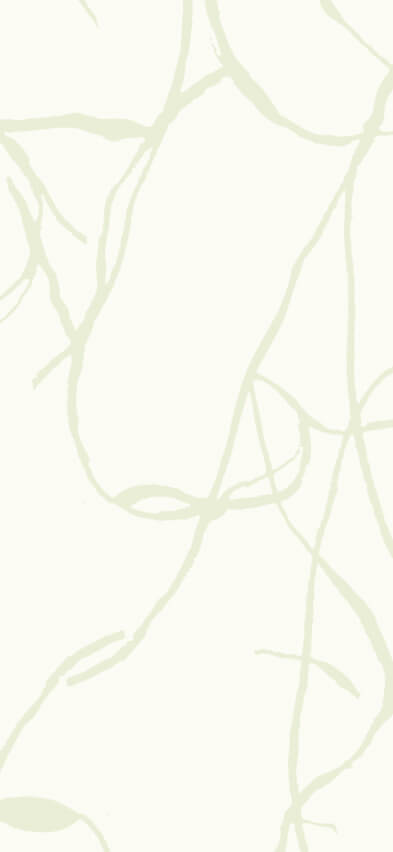
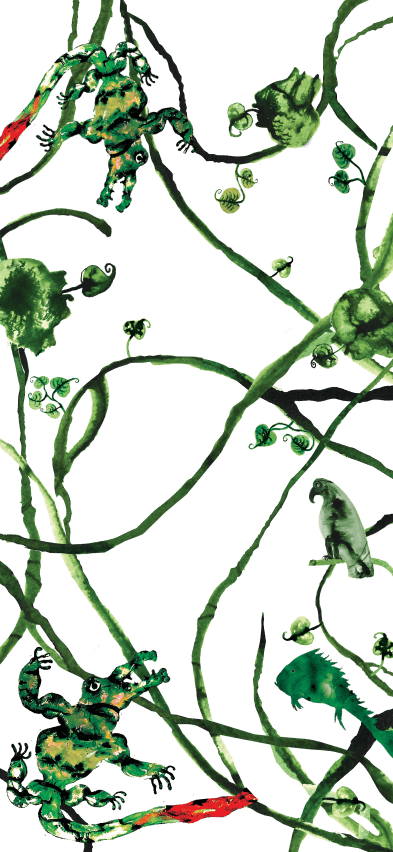
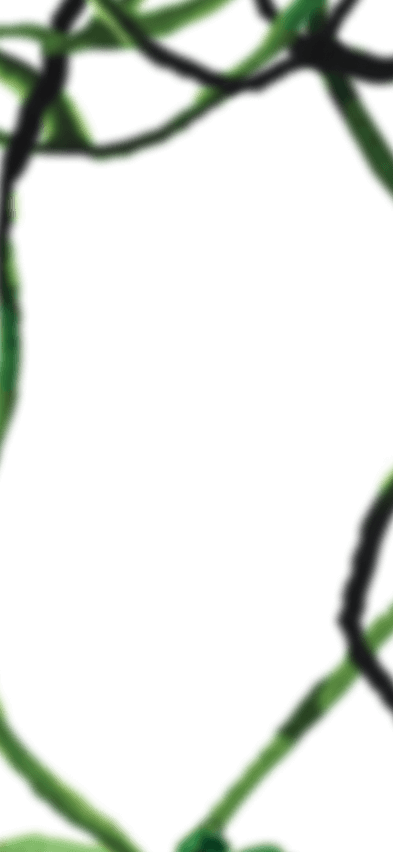
Through his "Leaf of Life" project, Barthélémy Toguo shows us the strength of the diversity of life with the presence of animals and plants. True advocacy against the Anthropocene, his work defends life in its diversity and finds harmony between Man and nature.
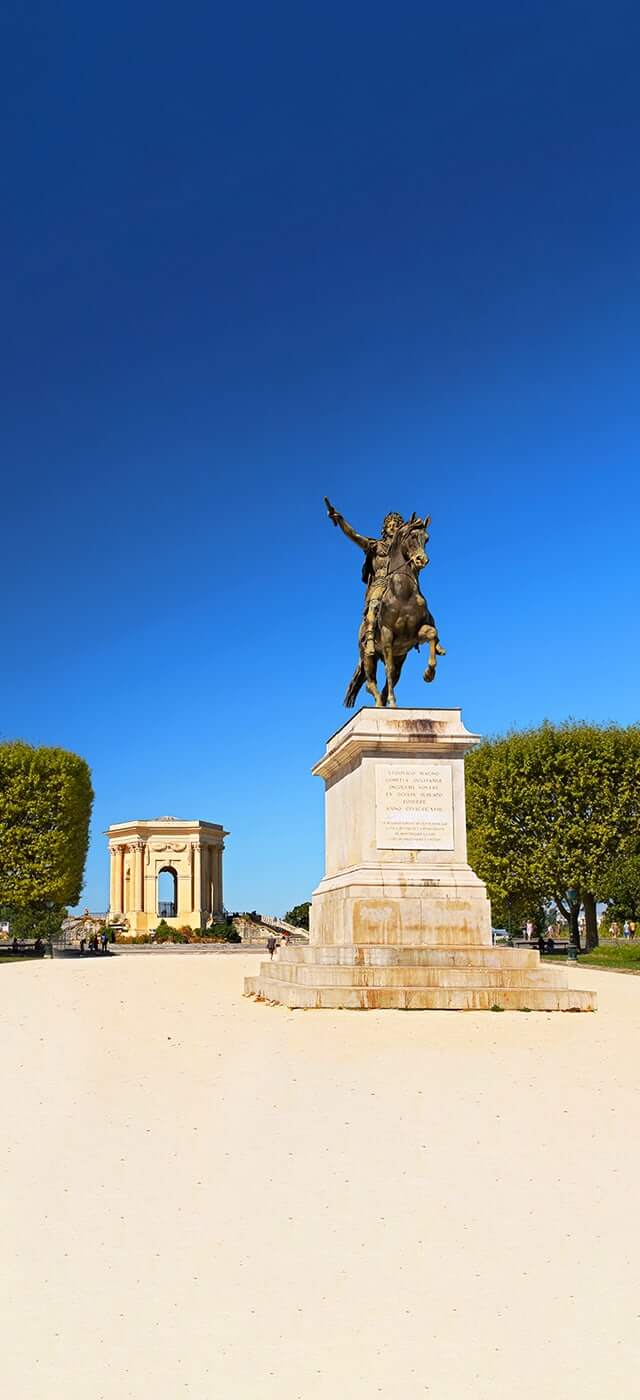


Click on a button
to learn more.
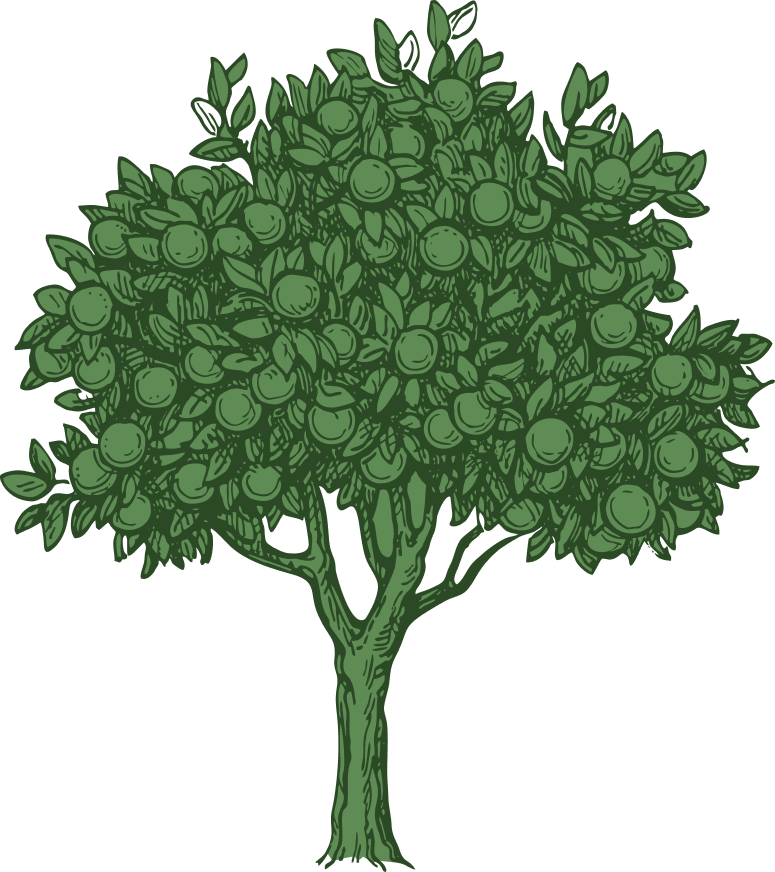



1
Barthélémy Toguo has been working for a long time on the relationship between Man and nature, whether in the form of Man/animal or Man/plant. This theme is central to his work and here represents the association of Man and the plant world, the interaction between individual and their surrounding elements. This head and this plant are symbols of the harmony, balance and love that must prevail between Man and his environment.

2
In this work, Barthélémy Toguo has added animals, such as crocodiles, birds, fish and salamanders. These animals are elements that Barthélemy Toguo has been working on for a long time and which are part of primitive African sculpture.
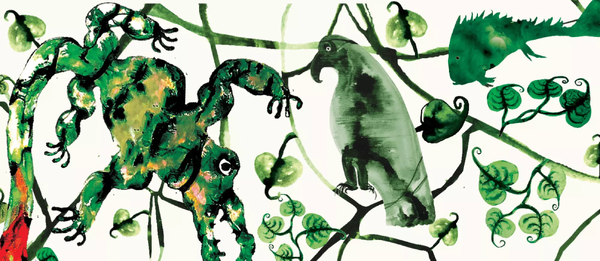
3
Green is the colour associated with nature, but also the colour most present in nature: it is the colour of chlorophyll, the natural pigment par excellence; it is a reassuring, invigorating and refreshing colour. It embodies freedom and movement and is a symbol of hope and health.

Barthélémy Toguo was an obvious choice because he refers us to the otherness in the world and perfectly reflects the identity of Montpellier: a city rich in history, science and research, a city open to new ideas and cosmopolitan traditions.”
In Montpellier, we have chosen an ecological and inclusive transition, by multiplying initiatives to offer low-carbon alternatives to the individual car and with the common thread of free public transport for all inhabitants by the end of 2023. In addition to the 235 km of cycle paths in Montpellier, the 5 future bustram lines and the extension of tramway line 1, the completion of tram line 5 by 2025 is the main investment deployed by our Metropole.
Since the launch of Line 1, the artwork on our trams has been an integral part of the city’s identity. We offer a hospitable environment for creative minds and artists and the tram's design shows the territory's ongoing commitment to culture and the arts, and to sharing these.
For this 5th tram line, after the four initial themes of air, earth, water and fire, it was important for us to choose a design that evokes both the identity and the future of our territory, reconciling nature, science and research. Line 5 will be the line of parks and gardens. It will run along the Jardin des Plantes, the oldest in France - founded under Henri IV - where botany has been studied for centuries. It will pass through Lavalette, the Montmaur and Lunaret woods, the Christine Boumeester Square and the Cité des Arts. It will join the Clemenceau, Montcalm and Bagatelle parks, the large Agriparc des Bouisses - known as the Écusson vert - and will finish its trajectory on the wine-growing plains to the west of Montpellier.
It therefore seemed essential to choose a project with an impact that is both visual and also stimulates understanding and imagination. This is what Barthélémy Toguo, artist and citizen of the world, proposed and which captivated us. Originally from Cameroon and trained at the schools of fine arts in Grenoble and Düsseldorf, he is an artist we know and love in Montpellier. He presented Déluge in 2016 at Carré Sainte-Anne and was present at the Africa-France summit in 2021.
I am delighted by the coherence of Michaël Delafosse's approach. In addition to his flagship measure of making the tram free for the inhabitants of Montpellier Metropole, he has a very interesting approach towards accompanying urban development by a strong artistic component, giving artists a central place in the city. Line 5 is a shining example of this. Art within the city itself contributes to creating more lively, more dynamic and more inclusive cities.
Working with a medium such as the tram makes it possible to present artwork in the very heart of the city: this proximity to the public is quite unique. The tram becomes both an inhabited mobile art space and also a work that is accessible to everyone, outside conventional exhibition spaces, outside all time constraints. The presence of my work on the line 5 trams is all the more touching for me because I love this city, where I exhibited in 2016 at the Carré Sainte-Anne.
I have been working for a long time on the relationship between Man and nature, whether in the form of Man/animal or Man/plant. This theme is central to my work. It is rooted in my personal history as an African artist, having lived in the countryside, having always been attentive to the earth, to wood, to vegetation, to agriculture. It also represents a reflection on the current destiny of humanity, which is becoming increasingly aware of the enormous risks related to uncontrolled economic development. This is why the "Science and Botany" theme is of special interest to me.
I drew on my plastic arts vocabulary to create a motif that could be reproduced on the trams of Line 5. I called this work Feuille de vie. It shows a man's head in profile, with his mouth open and plants coming out. Here I refer to the association between individuals and the plant world, the interaction that exists between us and our surrounding elements. This head and this plant are symbols of harmony, of the balance of love that must prevail between Man and his environment. In this work, I have added animals, such as the crocodile, birds, fish and salamanders. These animals are elements that I have been working on for a long time and that are part of primitive African sculpture. I wanted to celebrate this animal world.
In this work, I have added animals such as crocodiles, birds, fish and salamanders. These animals are elements that I have been working on for a long time and which are part of primitive African sculpture. I wanted to celebrate the animal world.

















